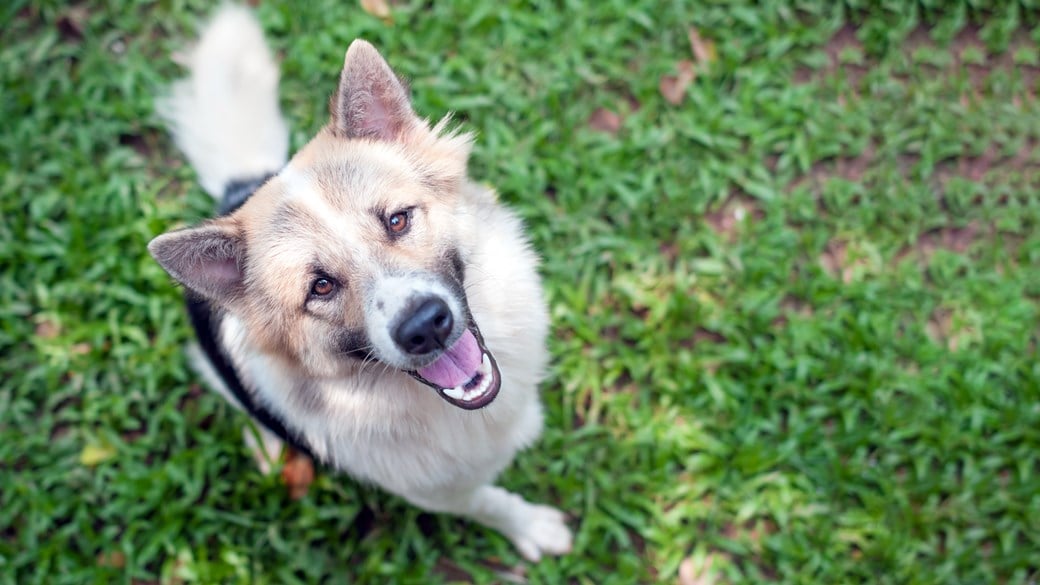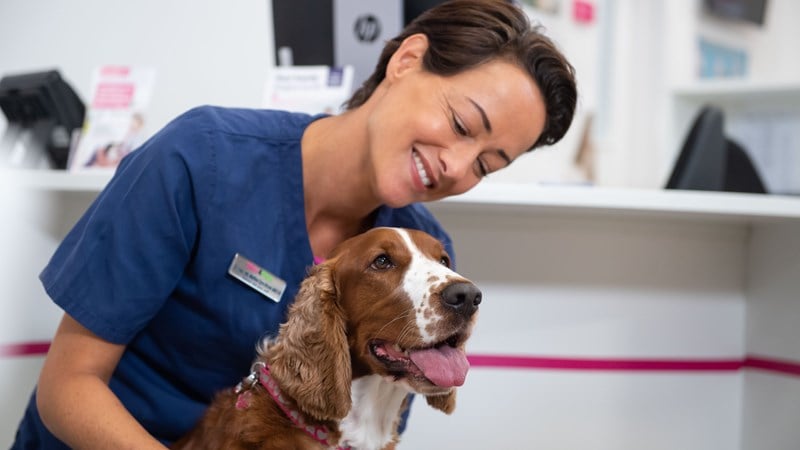
Roundworms in Dogs
Toxocara is more commonly known as roundworms
More about roundworms and your dog
- By eating infectious eggs, in contaminated soil or faeces
- By eating another infected animal, which can include rats or birds
- Puppies can get roundworms through their mother's milk
- Puppies can be born infected if their mother is infected
- A pot belly
- Diarrhoea
- Weight loss, or poor growth
- Poor coat quality
In a healthy, adult dog there may be no outward signs of a roundworm infestation beyond visible adult worms in the faeces or vomit. However, in severe infestation, or in dogs that are very young or have a poor immune system, you may also see:
- A pot belly
- Diarrhoea
- Weight loss, or poor growth
- Poor coat quality
Sadly, a heavy infestation in a young puppy can even be enough to kill.
If your dog is experiencing any of these signs and you suspect that they might have worms then you should make an appointment with
Health Plans to keep your dog healthy
At Vets4Pets we offer a range of Health Plans that make essential routine treatments more affordable. You'll save money on things like annual vaccinations, flea and worm treatment and routine health check-ups.

Dog Advice
Read more of our expert dog advice to keep your dog happy and healthy.
